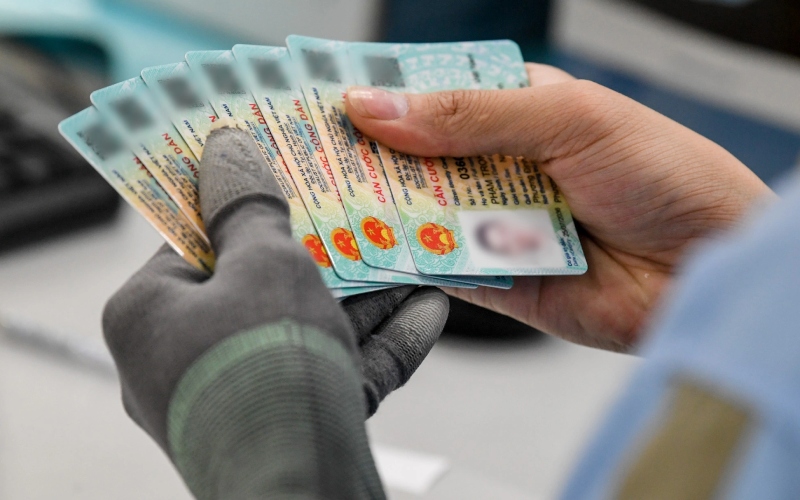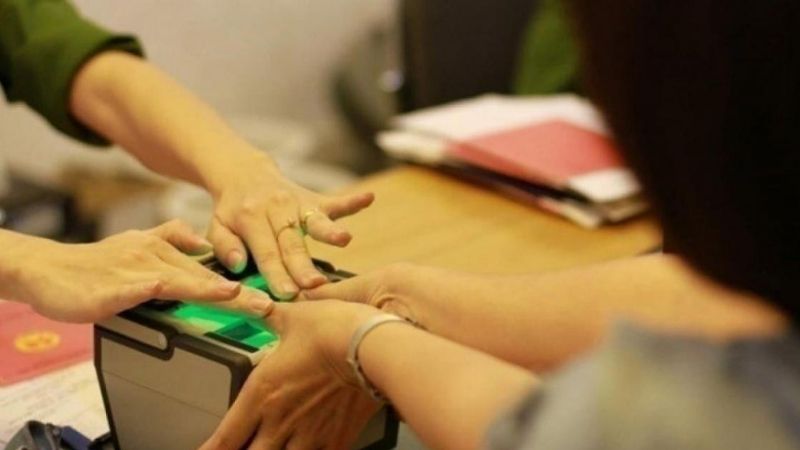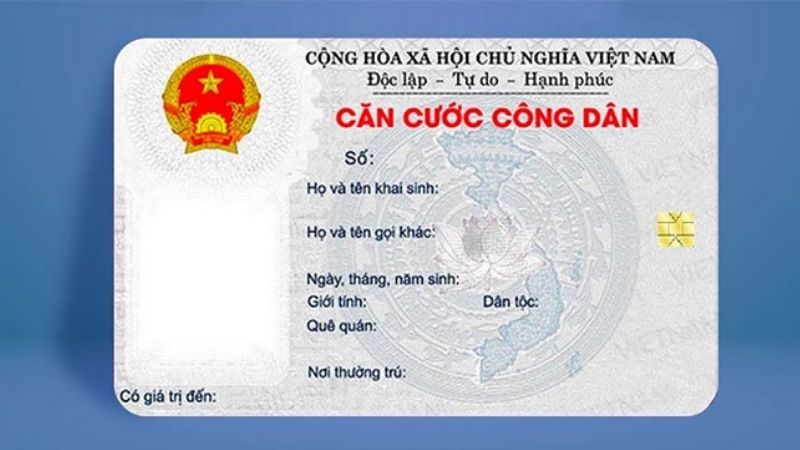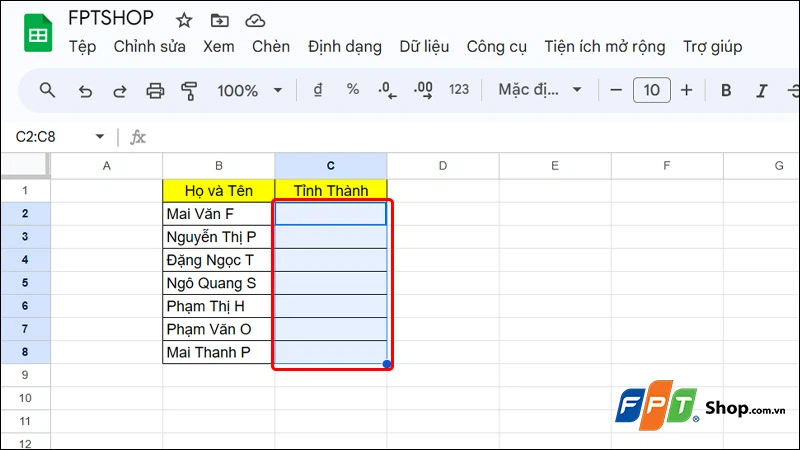Did you know that there are potential fines for Vietnamese citizens who don’t comply with the regulations regarding their national identification cards and citizen identification cards? Let’s explore this topic further.
1 Are there fines for not obtaining or renewing the new chip-based Citizen Identification Card (CICC)?
 Are there penalties for not obtaining or renewing the new CICC with a chip?
Are there penalties for not obtaining or renewing the new CICC with a chip?
The Ministry of Public Security has advised citizens to promptly transition to the new chip-based Citizen Identification Card (CICC) for added convenience and to reduce the number of documents required for administrative procedures.
However, according to the Ministry of Public Security, citizens are encouraged to switch to the new chip-based CICC for enhanced convenience and to enjoy its numerous benefits.
Additionally, the new CICC offers improved security features, larger storage capacity, and the ability to integrate multiple applications.
Adopting the new CICC will streamline administrative procedures and enhance state management.
The new CICC can serve as a replacement for various documents, including driver’s licenses, ATM cards, health insurance cards, household registration books, and temporary residence permits.
Meanwhile, citizens who possess valid CMNDs or non-chip CICCs and do not fall under the mandatory replacement or renewal categories can continue using their current identification until its expiration.
The Ministry of Public Security’s draft amendment to the Law on Citizen Identification proposes that all previously issued CMNDs will remain valid until December 31, 2024. After this date, citizens will be required to switch to the new chip-based CICC, even if their current identification has not expired.
2 Penalty cases for holders of the new CICC
 Penalty cases for those holding the new CICC
Penalty cases for those holding the new CICC
Article 21 of the 2014 Law on Citizen Identification outlines eight scenarios where citizens holding the CICC (both with and without chips) must apply for a replacement or a new chip-based CICC. These cases include:
-
When a citizen reaches the ages of 25, 40, and 60.
-
The card is damaged and cannot be used.
-
Changes in name, middle name, or surname.
-
Alterations in distinguishing features.
-
Revision of gender or place of origin.
-
Inaccuracies in the information printed on the CICC.
-
Loss of the CICC.
-
Reacquisition of Vietnamese citizenship as per the Law on Vietnamese Nationality.
3 Penalty cases for holders of the old National Identification Card (CMND)
 Penalty scenarios for those holding the old CMND
Penalty scenarios for those holding the old CMND
For those still holding the old National Identification Card (CMND), Article 5 of Decree 05/1999/NĐ-CP outlines six scenarios where they must transition to the new chip-based CICC:
-
The CMND has reached its 15-year expiration date from the date of issuance (as guided by Section 2, Part II of Circular 04/1999/TT-BCA).
-
The CMND is damaged and cannot be used.
-
Changes in name, middle name, surname, date of birth, or month of birth.
-
Change of permanent residence outside the province or centrally-run city where the CMND was issued.
-
Alterations in distinguishing features.
-
Loss of the CMND.
Similarly, citizens with valid CMNDs or non-chip CICCs who do not fall under the mandatory replacement or renewal categories can continue using their current identification until its expiration.
4 Penalty fees for not obtaining or renewing the new chip-based CICC
 Penalty fees for not obtaining or renewing the new CICC
Penalty fees for not obtaining or renewing the new CICC
According to Clause 1, Article 10 of Decree 144/2021/NĐ-CP, violations of regulations regarding the issuance, management, and use of National Identification Cards, Citizen Identification Cards, and Citizen Identification Cards with chips are subject to the following penalties:
-
A warning or a fine ranging from 300,000 to 500,000 VND for failing to present one’s National Identification Card, Citizen Identification Card, or Citizen Identification Card with a chip when requested by authorized persons.
-
A warning or a fine ranging from 300,000 to 500,000 VND for non-compliance with regulations on the issuance, replacement, or re-issuance of the CICC.
-
The same penalty is imposed for failing to return one’s National Identification Card or Citizen Identification Card to the competent authority when one is no longer a Vietnamese citizen, has been stripped of Vietnamese citizenship, or has had their decision to acquire Vietnamese citizenship revoked; or for not returning the aforementioned documents to the authority in charge of temporary detention, imprisonment, execution of sentences, reform schools, compulsory education, or compulsory drug rehabilitation.
5 Where to obtain the new chip-based CICC
The government has made arrangements to facilitate the process of obtaining, replacing, or re-issuing the new chip-based CICC.
Per Article 26 of the 2014 Law on Citizen Identification and Article 16 of Circular 07/2016/TT-BCA, until the National Database on Population and the Citizen Identification Database are fully operational, the following entities will be responsible for handling CICC-related matters:
– The Citizen Identification Management Agency at the district-level Public Security unit and equivalent administrative units will receive and process applications for the issuance, replacement, or re-issuance of the CICC for citizens with permanent residence in that locality.
– The Citizen Identification Management Agency at the provincial-level Public Security unit will handle applications for the issuance, replacement, or re-issuance of the CICC for citizens with permanent residence within the province or centrally-run city, as well as for those who fall under points a and b of Clause 1, Article 23 of the Law on Citizen Identification and require a re-issuance of their CICC, regardless of their place of residence.
– The Citizen Identification Management Agency under the Ministry of Public Security will handle applications for CICC replacement upon request and other special cases as decided by the head of the Citizen Identification Management Agency under the Ministry of Public Security.
 Where to obtain the new chip-based CICC
Where to obtain the new chip-based CICC
For further reference:
Be sure to keep these notes and in mind!
In this article, we have outlined 14 scenarios where penalties may apply for not obtaining or renewing the new chip-based CICC, along with the associated penalty fees. We hope this information has clarified any doubts you may have had. Thank you for reading.
The Ultimate Guide to Voluntary Social Insurance Enrollment: A Comprehensive Step-by-Step Process for 2022
Voluntary social insurance allows individuals to choose their contribution level and payment methods, catering to their personal preferences and financial situations. The flexibility of this insurance type empowers individuals to take control of their social security contributions. With the option to select contribution amounts and payment modalities, individuals can align their contributions with their unique circumstances, ensuring a personalized and tailored approach to their social security needs. This freedom of choice sets voluntary social insurance apart, offering a customizable safety net for individuals seeking financial security and peace of mind.
The Magic of Words: Crafting a Compelling Title
“Identity Card Issuance Process for Children Under 6 Years Old: A Simplified Guide”
As of July 1st, 2024, a new chapter unfolds for Vietnam with the issuance of citizen identity cards to children under 6 years old. This progressive move marks a significant step towards a more inclusive and secure future for the nation’s youngest citizens. Unravel the intricacies of this process and discover how this initiative safeguards the identity and rights of Vietnam’s future leaders.





































